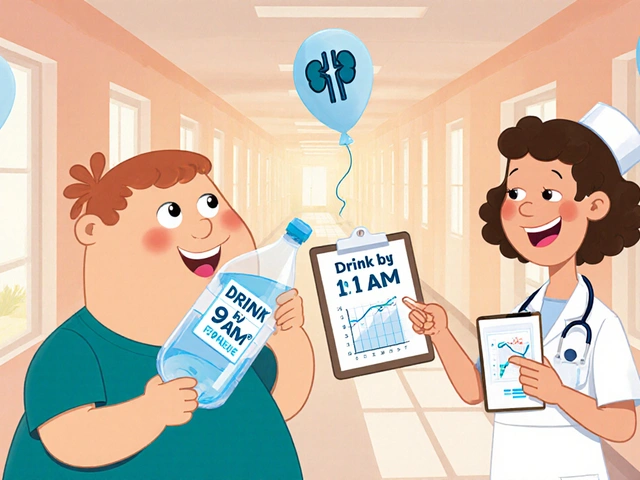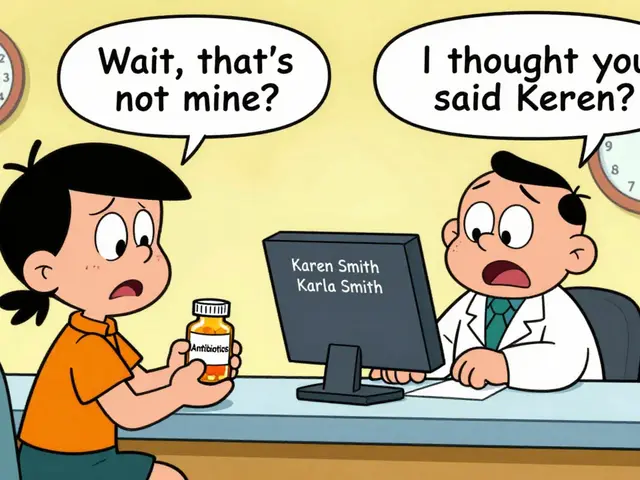Diuretic — what they do and how to use them safely
Diuretics, often called "water pills," help your body remove extra salt and water. Doctors commonly use them for high blood pressure, swelling (edema), heart failure, and certain kidney problems. Knowing the types, common side effects, and simple safety steps makes these drugs easier and safer to use.
How diuretics work and the main types
Diuretics work in the kidneys to increase urine output. There are three main types you’ll hear about:
Thiazide diuretics — examples: hydrochlorothiazide, chlorthalidone. Often used for long-term blood pressure control. They’re gentle and taken once daily.
Loop diuretics — examples: furosemide (Lasix), bumetanide. Stronger and used when rapid fluid removal is needed, like in heart failure or severe swelling.
Potassium-sparing diuretics — examples: spironolactone, amiloride. They remove water but help keep potassium from dropping too low. Sometimes your doctor combines them with other diuretics.
What to watch for — side effects and interactions
Diuretics are effective, but they can cause problems if you don’t watch for them. Common issues include increased urination, dizziness (especially on standing), muscle cramps, and changes in blood tests.
Electrolyte changes are key. Thiazides and loops can lower potassium and sodium. Low potassium can cause muscle weakness and an irregular heartbeat. Potassium-sparing diuretics can raise potassium, which is risky if you’re taking ACE inhibitors, ARBs, or potassium supplements.
Some other things that blunt or change diuretic effects: NSAIDs (like ibuprofen) can reduce how well they work. Certain diabetes medicines and lithium interact too. Tell your provider about every medicine you take.
Simple habits cut risk: take diuretics in the morning to avoid waking at night to urinate. Weigh yourself daily—gain or loss of 2–3 pounds in a day matters. Stick to a consistent salt intake; big salt swings affect fluid balance. And don’t stop a diuretic suddenly without checking with your doctor.
Monitoring is straightforward. Your doctor will usually order blood tests for electrolytes and kidney function a few days to weeks after starting or changing dose, then periodically after that. If you have diabetes or heart disease, monitoring may be more frequent.
When to call your doctor: fainting, severe dizziness, very fast or irregular heartbeat, new confusion, severe muscle weakness, little or no urine, or sudden swelling. Those are signs you need urgent care.
If you want practical reading, check our diuretic tag for drug-specific articles, dosing tips, and safety checks. Use this guide to ask better questions at your next visit and to spot warning signs early.





